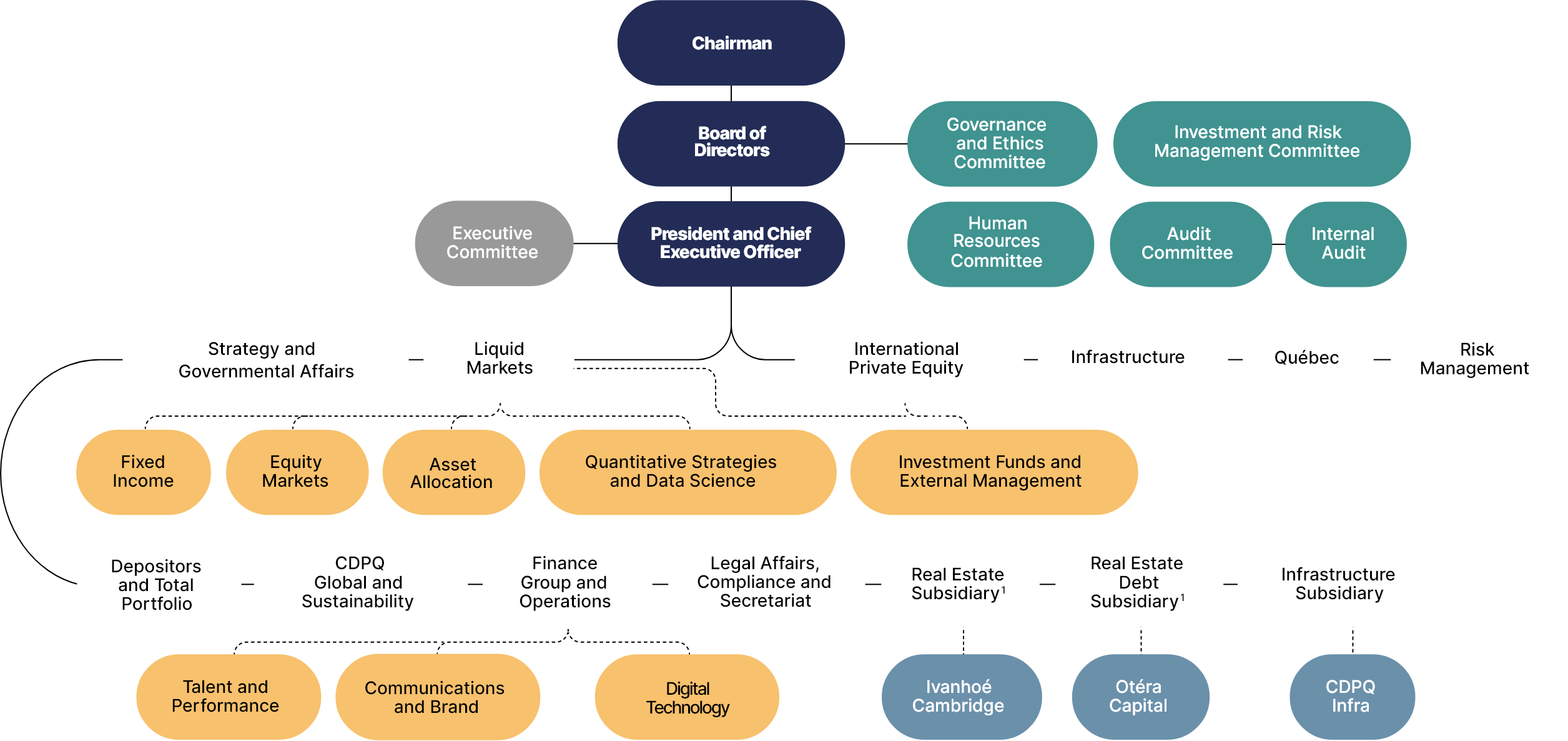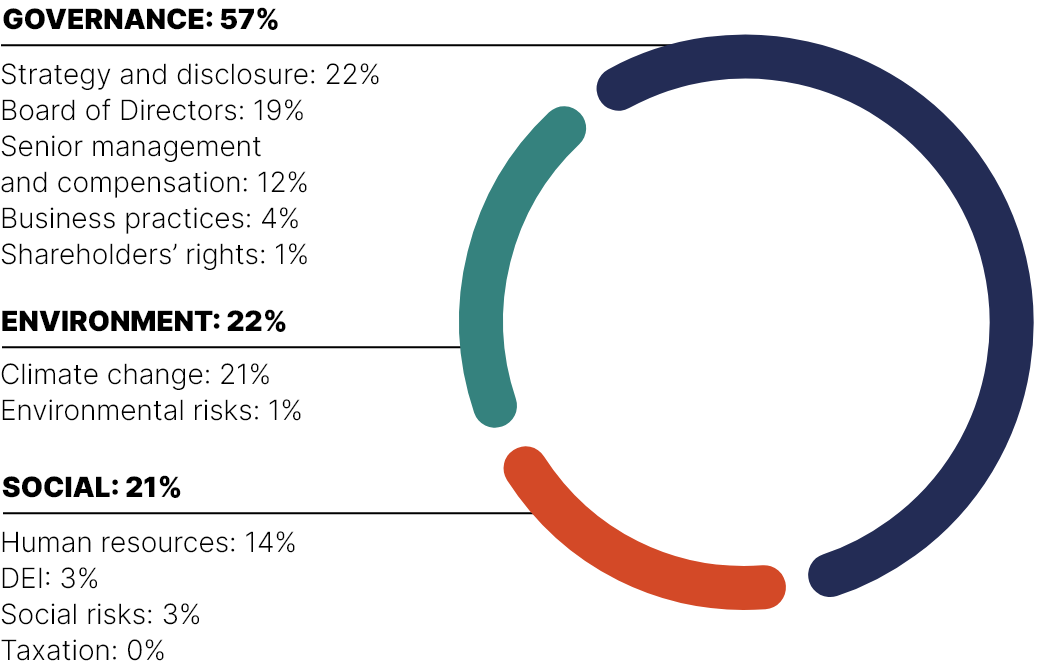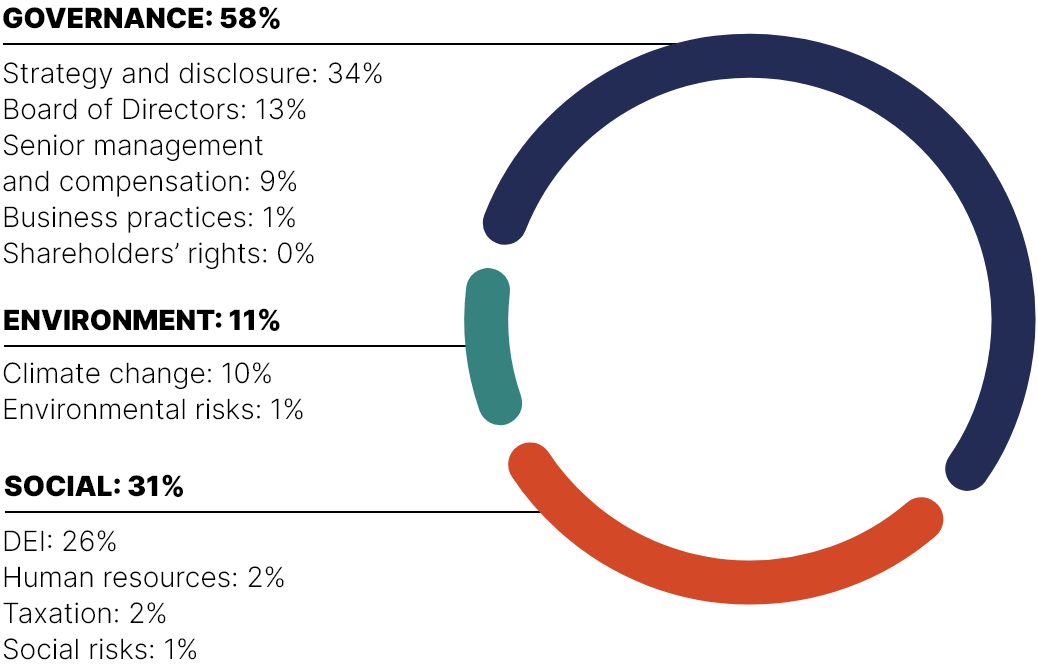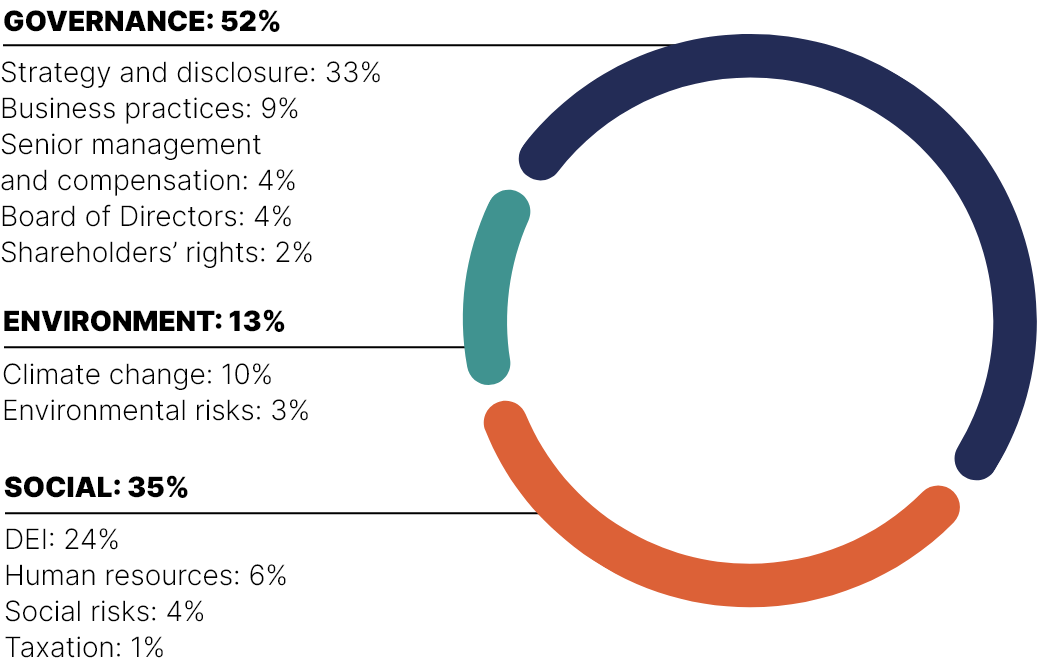

We leverage
solid governance
practices.
We believe that sound governance is essential to optimal risk management. This is why we are continuously refining our own practices. In addition, we have implemented a series of processes to help optimize the governance systems of our portfolio companies and external managers.
Québec companies
supported in their
implementation of sustainable
business practices
discussions to
raise awareness on ESG factors
among our portfolio companies
and external managers
resolutions voted on
at 3,635 shareholder meetings
held by our portfolio companies
technology
risk analyses
Workleap, a company founded in Québec and active around the world, offers a software platform that simplifies talent management and the use of Microsoft 365 productivity tools. Its business solutions are used by more than 20,000 companies in over 100 countries.
We are supporting Workleap as it pursues its acquisition strategy, which aims to broaden the offering on its platform, penetrate new markets and create more value for clients. This is the first external partnership for the company, which has been self-financed and profitable since its inception. Through an approach based on collaborative support, we are helping implement an ambitious acquisition strategy and a solid governance structure consisting of external directors. Our wide-ranging discussions have also helped Workleap acquire tools and processes that will help this Québec flagship crystallize its long-term future and continue growing global sales.
Inigo is a global company specialized in the insurance and reinsurance of the risks associated with complex and major events. Founded in 2021, the company has integrated ESG factors upstream in its business model and strategy.
Inigo invests heavily in research on catastrophes to better understand the changing nature of climate risks and integrate these observations into its underwriting decisions. In its first year of operation, it defined sustainability risk appetite indexes in underwriting and investment, and in 2022 it became a member of ClimateWise, a TCFD-aligned network. Inigo has also forged strategic partnerships with nature-related philanthropic organizations to have a positive influence beyond the traditional insurance value chain.
CDPQ advised the company on developing its ESG and risk management frameworks, including the establishment of DEI and risk KPIs. As a young company, Inigo needed to focus on attracting, developing and retaining diverse and committed talent, as well as on creating a solid governance structure. CDPQ played an advisory role in support of this process.
We held discussions with Probe Gold, a Canadian gold mining company, to guide it on adopting governance best practices following its transition, in January 2023, from the TSX Venture Exchange to the Toronto Stock Exchange.
We discussed a variety of topics, and particularly those of interest to investors such as CDPQ, including the composition of the Board of Directors and its committees, stock option plans and compensation disclosure. Since our discussions, Probe Gold has enhanced disclosures related to the structure of its executive compensation and has pursued efforts to move toward governance best practices in Board and committee composition, including gender diversity. These actions are aligned with its business strategy and will ensure better risk management.
